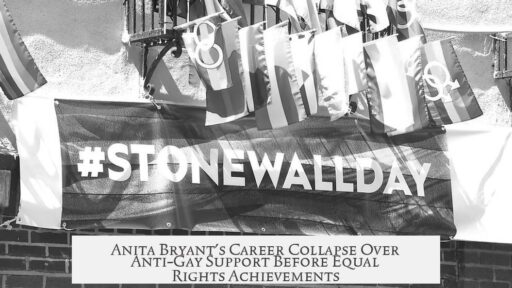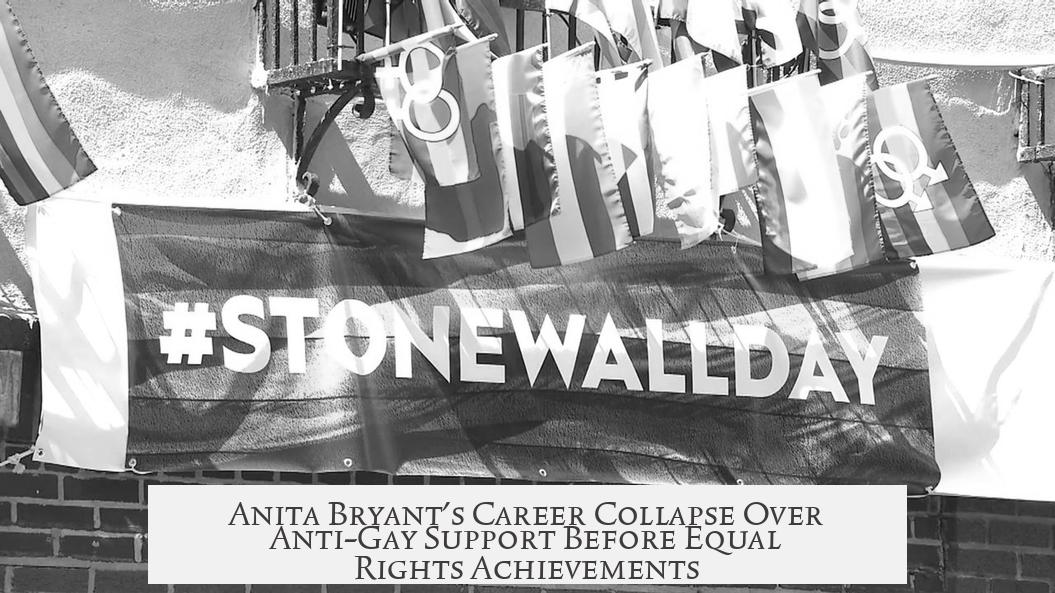Anita Bryant’s career collapsed largely because of her overt support for anti-gay policies in the late 1970s, despite gay rights being in early stages of progress. Her public stance against LGBTQ+ rights sparked widespread backlash, damaging her image and severing ties with sponsors.
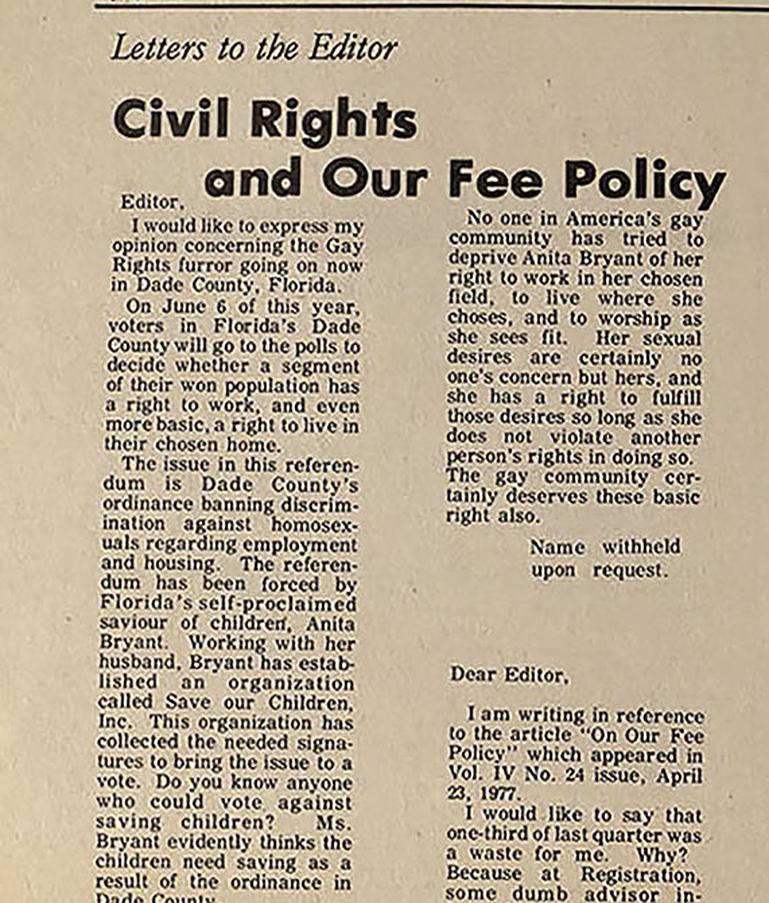
Bryant aggressively campaigned against gay rights. She fought to prevent gay couples from adopting children. She supported California’s 1978 Briggs Initiative, which aimed to dismiss teachers suspected of “public homosexual activity.” The initiative’s language was broad, targeting any “advocating, soliciting, imposing, encouraging or promoting” homosexual conduct that might reach students or employees. Bryant also propagated false claims that gay people recruited children for molestation, which intensified public outrage.
The initiative faced strong opposition across political lines, including from Governor Jerry Brown, the California Democratic Party, and U.S. Presidents Ford, Carter, and Reagan. The public viewed Bryant as excessively punitive. Media outlets highlighted and mocked her activism, turning it into a frequent comedic subject on television. Late night hosts ridiculed her regularly during prime time. Comedians like Carol Burnett, Jane Curtin, and Johnny Carson also satirized her. A notable cultural moment was the vomiting scene in the movie Airplane!, which many understood as a coded jab at Bryant.
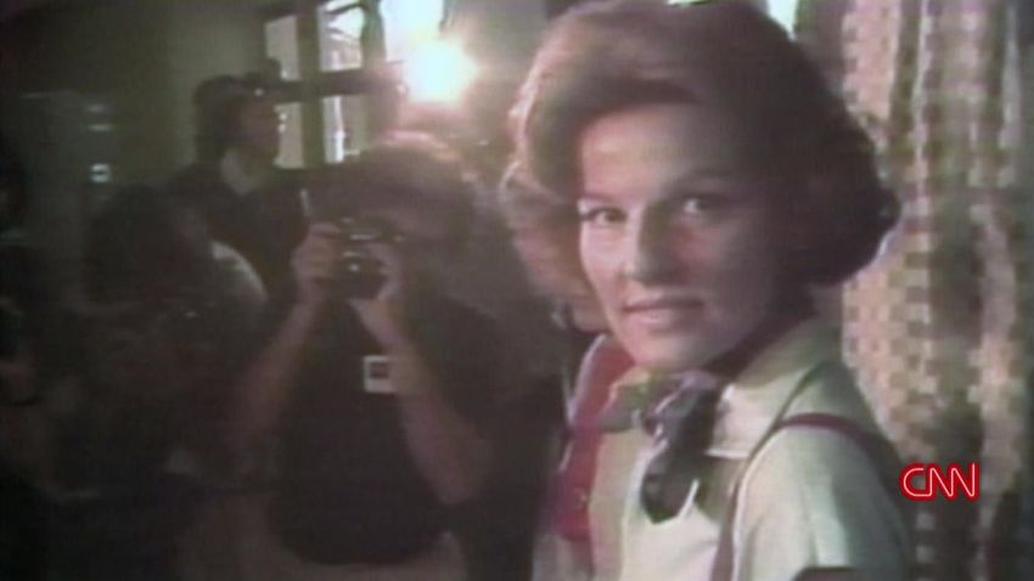
Her backlash extended beyond entertainment. Gay rights advocates organized a boycott of orange juice, the product Bryant famously endorsed. Consumers chose apple juice instead, harming her main sponsorship with the Florida Citrus Growers. Her anti-LGBTQ+ activism eclipsed her past music career. By 1978, she had not produced any hits in nearly two decades, leaving her primarily known as an anti-gay activist and the orange juice spokeswoman.
These factors severely damaged her professional reputation. The Florida Citrus Growers fired her. Another advertising deal with the Singer sewing machine company was withdrawn. Bryant’s attempts to sustain a career became tied to conservative religious circles. This limited her opportunities further.
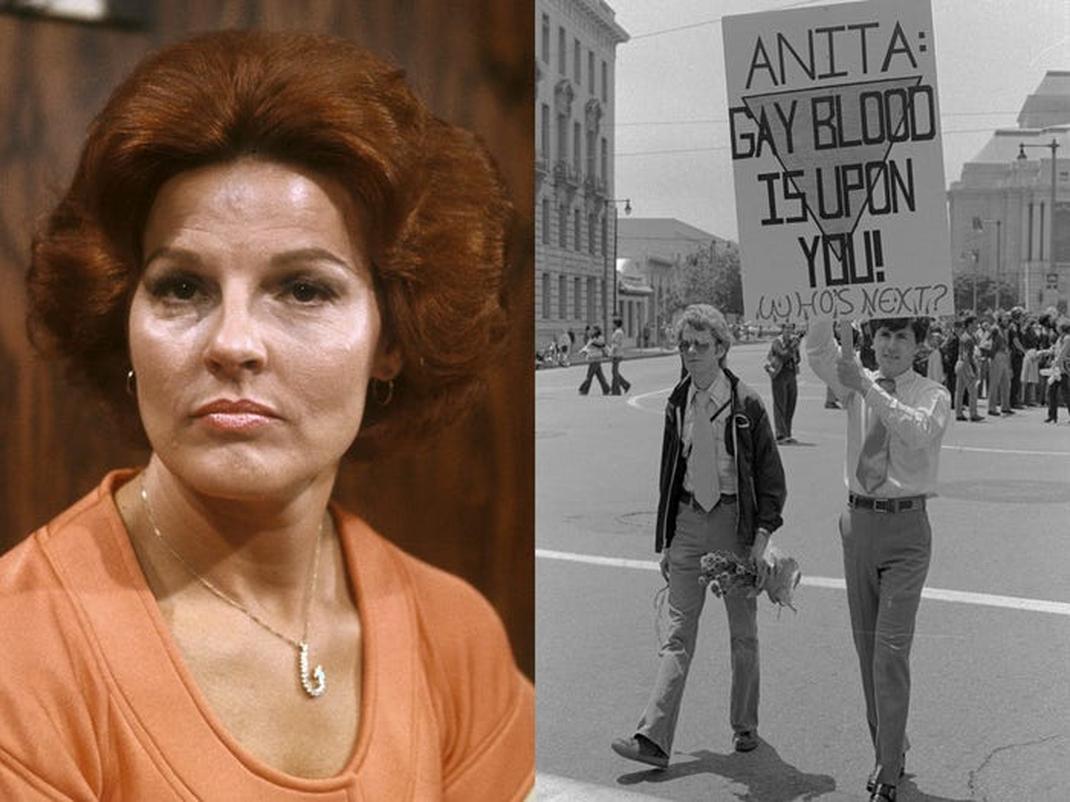
Her personal life unraveled alongside her career. In 1980, she filed for divorce from her husband Bob Green, citing emotional abuse. The divorce was rejected by the Southern Baptist community, which ostracized her. This rejection worsened her public image, especially given the church’s strong stance against divorce. Bryant’s mental health declined amid increasing isolation.
Attempts to revive her career in venues like Branson, Missouri and Pigeon Forge, Tennessee failed. These places cater to fading country and conservative entertainers. She blended singing with preaching her beliefs but could not sustain financial success. Eventually, Bryant filed for bankruptcy.
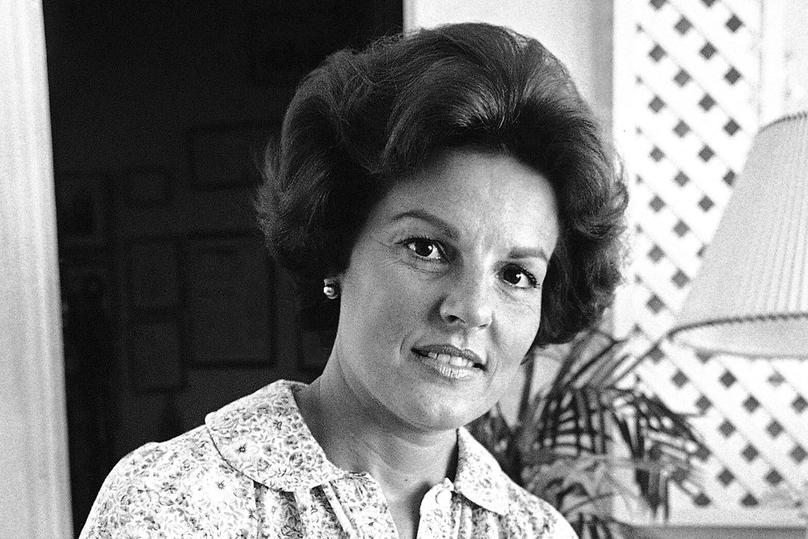
Sexism heavily influenced her downfall. At age 40 in 1980, Bryant struggled to maintain a career in a youth-focused industry. Her status as a divorced woman alienated many conservative supporters, a stigma not typically faced by men in similar circles. Today, she might find minor opportunities in conservative media but was rejected by the religious right of her time.
Ironically, Bryant’s activism energized the gay community. Organizations formed in response to her campaigns spurred increased voter turnout among LGBTQ+ supporters. This activism contributed to passing local gay rights ordinances, even if broader state laws remained unchanged. Pride marches increased visibility, signaling growing societal acceptance. Bryant’s opposition inadvertently strengthened the movement she sought to suppress.
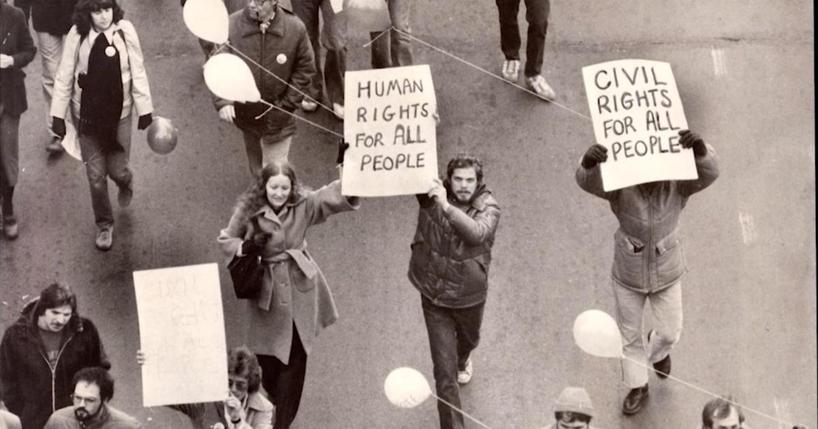
| Key Factors in Anita Bryant’s Career Collapse |
|---|
| Support for harsh anti-gay policies (Briggs Initiative, adoption opposition) |
| Wide political and public backlash including bipartisan opposition |
| Media ridicule and cultural lampooning (TV, movies, comedians) |
| Orange juice boycott by LGBTQ+ activists harming sponsorship |
| Decline in music career leaving activism as primary public identity |
| Loss of endorsements and sponsorships |
| Personal struggles: divorce, ostracism, mental health decline |
| Sexism in entertainment and conservative communities limiting recovery |
| Increased gay community activism and rights ordinances catalyzed by backlash |
- Anita Bryant’s anti-gay stance triggered widespread social and political opposition.
- Her public image was heavily damaged by boycotts and media mockery.
- Sponsorship losses and career decline left her isolated professionally and personally.
- Sexism amplified her difficulties in reviving her career post-divorce.
- Her activism inadvertently energized the gay rights movement in the late 1970s and early 1980s.
Why Was Anita Bryant’s Career All But Ended Over Her Support of Anti-Gay Policies Long Before Gay People Achieved Anything Like Equal Rights?
Anita Bryant’s career took a nosedive because her vocal support for anti-gay policies sparked a fierce public backlash and made her the face of bigotry at a time when the nation was slowly shifting toward LGBTQ+ visibility and rights. Let’s unpack how this all came to be and why her stance hurt her career more than one might expect from today’s perspective.
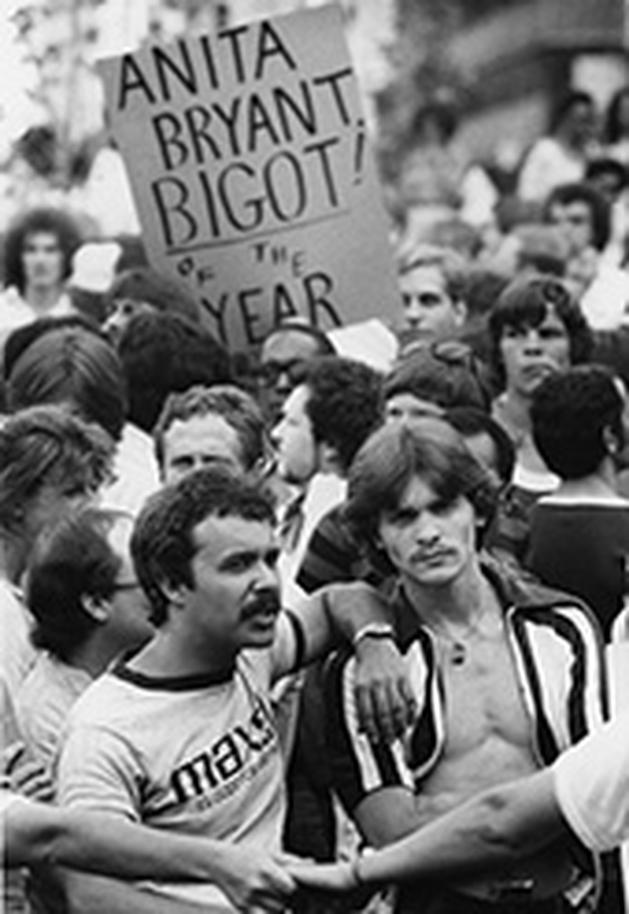
In 1977-78, Anita Bryant was already a fading pop singer with a handful of hits from the late 1950s and early 1960s. She was far from the musical powerhouse she once was. Instead, she had found a lucrative gig as the cheerful spokeswoman for Florida orange juice. But then she stepped into the political arena, and that’s when her troubles began.
Why Take Such a Risk?
Bryant became the poster girl against gay rights when she campaigned vigorously to stop gay couples from adopting children. Her most infamous involvement was backing California’s Briggs Initiative in 1978. This proposed law would have allowed the firing of any schoolteacher publicly involved in or promoting homosexual conduct.
The intent behind the Briggs Initiative was extreme. The law’s definitions were broad and vague, banning anything from “advocating” to “encouraging” homosexuality around schoolchildren or other employees. It wasn’t just about protecting kids; it was about punishing people for who they were.
To make matters worse, Bryant helped spread the false and damaging myth that gay people were morally dangerous, claiming they recruited or molested children. This rhetoric intensified fear and misunderstanding but also sealed her fate.
The Public Backlash: More Than Just Words
Voice matters, but so does public reaction. The Briggs Initiative faced opposition from across the political spectrum — from California’s Governor Jerry Brown, President Gerald Ford, President Jimmy Carter, the Democratic Party, even the future conservative President Ronald Reagan. That’s quite the crowd saying, “No, thank you.”
On TV, Anita Bryant got roasted mercilessly. Late-night comedians like Johnny Carson and shows such as Saturday Night Live and The Carol Burnett Show skewered her with relentless jokes. Humor is often a weapon against bigotry; it strips the power away by making absurd what some try to enforce as “normal.”
Even the LGBTQ+ community turned to economic boycotts, famously swapping out orange juice for apple juice in what became the “Anita Bryant special” at bars nationwide. That boycott hit the Florida Citrus Growers Organization, her main financial backer.
The Career Crash: From Orange Juice to Bankruptcy
By 1978, Bryant’s star was well past its prime musically, with no recent hits to bolster her name. Now, she was “the anti-gay activist and the face of Florida orange juice”—and nothing more. This association turned toxic.
Because of her inflammatory activism, the Florida Citrus Growers fired her. A sewing machine company, Singer, rescinded an advertising offer. This was a fast and brutal commercial rejection. With no sponsors and her reputation damaged, her career in entertainment evaporated quickly.
On personal fronts, things worsened. Her mental health declined amid growing public hostility and personal troubles. Her husband, Bob Green, emotionally abused her during this time. When she sought a divorce in 1980, it caused a deep scandal among conservative circles. Her estranged husband even refused to recognize the divorce, assaulting her credibility with the Southern Baptist community that once welcomed her.
Sexism And The Limited Options For Women At The Time
It’s crucial to understand Bryant’s downfall wasn’t just about politics. She was a divorced woman in her 40s trying to survive in a male-dominated entertainment world and a conservative religious culture that had little sympathy for women breaking social norms.
Had she been a man, and maybe more inconspicuous about her activism, she might have found a way to continue. But no. The 1980s conservative “griftosphere” that supports Christian entertainers was too small and rigid, especially when it came to divorced women. Her attempts to revive her career in Branson, Missouri, and Pigeon Forge, Tennessee—areas known for catering to fading country and conservative acts—failed. She ended up bankrupt.
But Wait—There’s An Ironic Twist!
Despite Bryant’s efforts to roll back gay rights, her activism actually ignited greater political participation and visibility within the LGBTQ+ community. Gay rights groups galvanized voters and won local protections. Pride marches, which had been small and scattered, gained momentum and media attention, changing public perception.
In a strange way, Bryant’s campaign against gay people helped mobilize them. Her actions, rather than silencing LGBTQ+ voices, pushed more of the community into political action.
Conclusion: What Can We Learn?
Anita Bryant’s story is a cautionary tale about how advocating hateful policies can backfire spectacularly. She underestimated both the public’s changing attitudes and the power of humor and grassroots activism to fight bigotry.
Her fall shows that a public figure’s alignment with extreme or punitive social policies can eclipse their talents and previous achievements. It also reveals the cruelty of sexism and how difficult it was for women, particularly those who bucked conservative norms, to sustain careers after personal and political controversies.
Her legacy, while infamous, highlights an often underrated truth: even decades before same-sex marriage or widespread legal equality, the seeds of change were growing strong. Sometimes, pushing against progress only makes it grow faster.
So, next time someone wonders why Anita Bryant’s career was all but ended long before gay rights became mainstream, the answer lies in the powerful mix of public condemnation, savvy activism, and societal shifts she underestimated—and arguably helped accelerate—with her anti-gay crusade.
